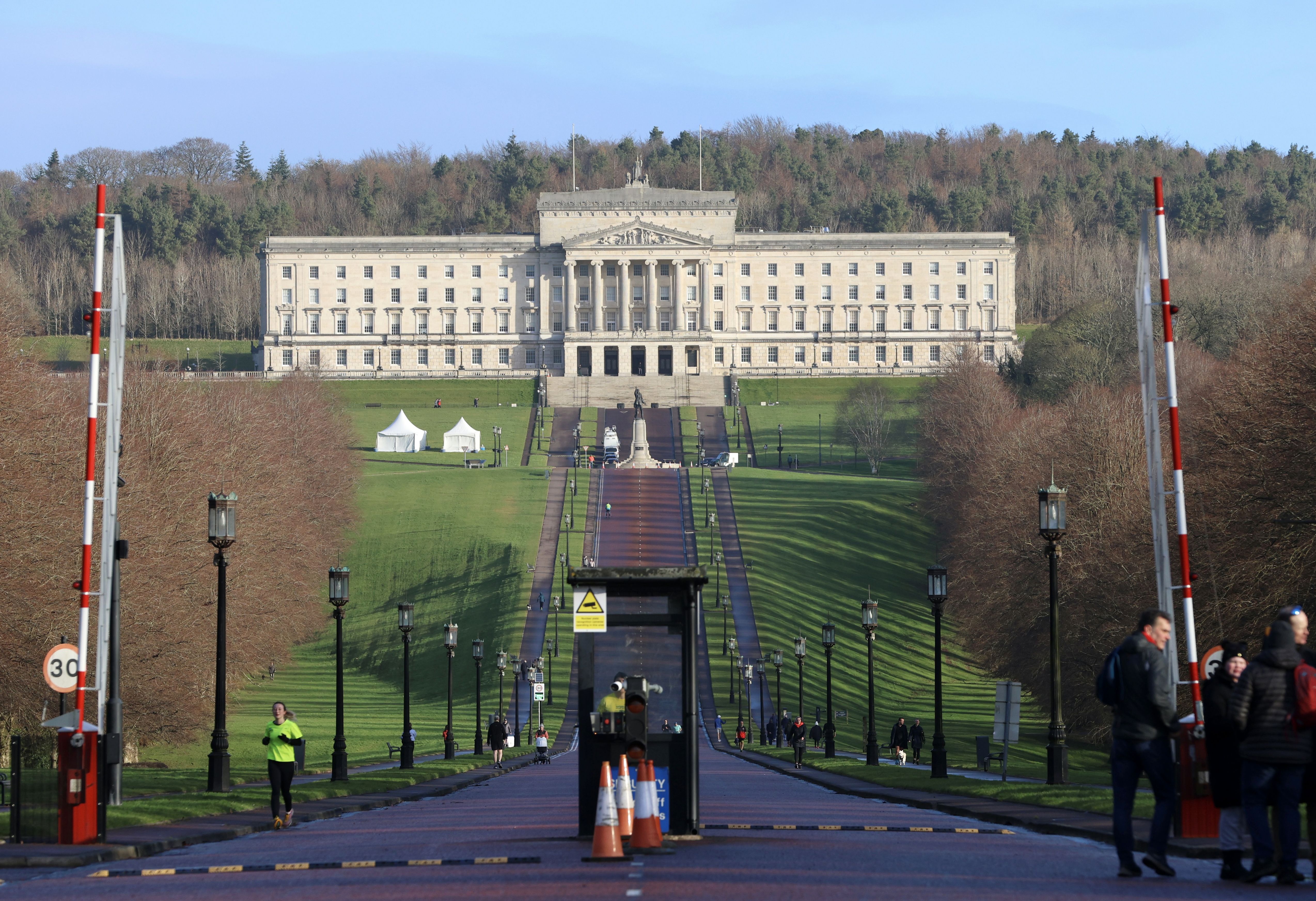A YEAR since the re-establishment of the Executive and the anniversary is causing a fair bit of commentary and attempts at scoring a report card.
While the Executive lay in abeyance from 2017 until 2020 and again from 2022 until last spring there was a constant narrative from commentators and others that all ills were due to the lack of an Executive and that “politicians” needed to go back to work. The inescapable irony is that before and after each of the periods of collapse, nearly, if not all, of the same commentators pointed continuously to the failures of the Executive, the Assembly and spoke of how useless Stormont is. That was the overriding narrative this week of many.
So, lads, which is it? Do we need Stormont because without it we are doomed? Or is the entire edifice impossible to run and therefore we are doomed to mediocrity rather than delivery? Because both cannot be true.
Anyone who knows the MLAs in Stormont knows, for the most part, hard-working, dedicated public servants whose job makes for a life few of us would choose. When asked for meetings about anything from local traffic lights to global trade they will create space and invest time and effort to respond to needs.
However, it’s as clear as the nose on your face that the structures are not making transformative change, despite layer upon layer of apparent accountability. But that’s not lazy political party point scoring – it’s a structural and fundamental, if harsh, reality.
Our children are still sitting a test that was removed by Martin McGuinness when he was Education Minister in 2002. The first 'I can’t believe it’s not the 11-Plus' was sat by my eldest son in 2008, so that he could have a choice of secondary schools. My granddaughter got the results of her non-exam a few weeks ago, 25 years later. It is almost like everyone with responsibility has given up because there is no agreement, and our 10- and 11-year-olds just get on with it. Somewhere in that, the Good Friday Agreement’s vision was undermined and 10- and 11-year-olds went, and continue to go, neglected. All because agreement cannot be found due to systemic snobbery and Strand One limitations.
Our language and sports continue to be sites of contention, as are our rights to remember and commemorate. Fundamental social, cultural and economic rights are still areas where some will see difference as a place for exploitation rather than respect.
This approach to difference is at the heart of whether Stormont has a future. We all know that difference exists, and we have created a space where it can be accommodated and worked around. And in moments that can work. People can be polite to each other and agreement to disagree is tolerated. But it prevents effective decision-making and governance – and that is not sustainable.
Local accountability is something we all yearn for. As are good health, and a prosperous future for our children. The persistent question is not whether Michelle O’Neill and Emma Pengelly are friendly, or whether individual MLAs work hard – it is whether Stormont as an institution is constructed and capable of delivering any of that, or whether a new constitutional future is where we need to shift our attention.
That fundamental question was deliberately missing in the narratives this week.








